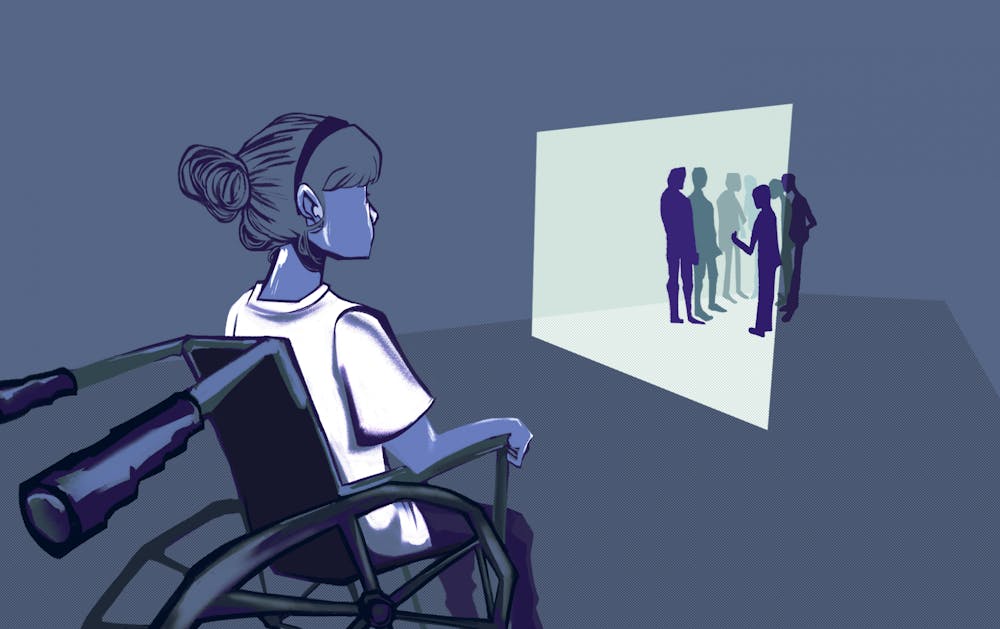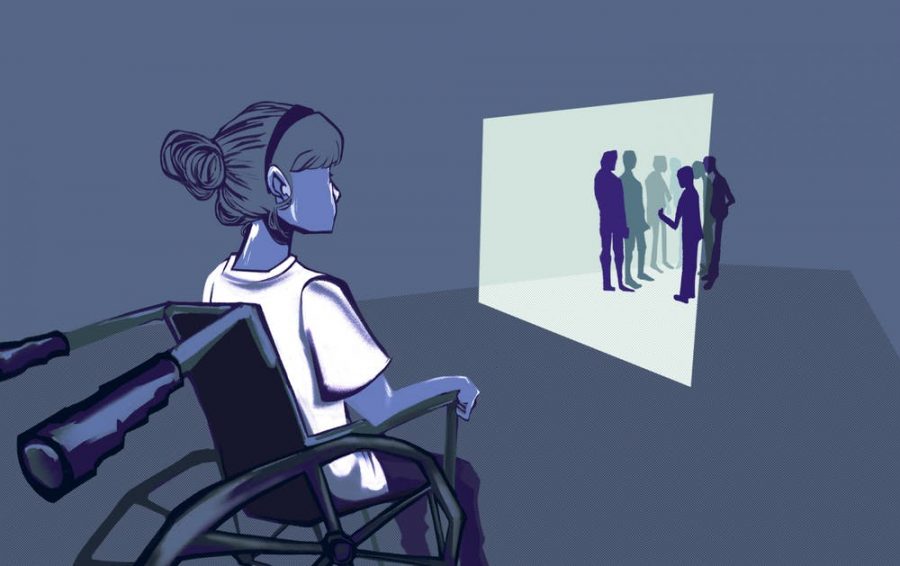Seeing the Truth in Coronavirus (Effect Outside Immediate Sphere of Influence)
October 12, 2020
It’s no secret that coronavirus has affected the social lives of every individual. As some take it upon themselves to follow safety guidelines and preserve public health, others blatantly disregard health regulations, instead choosing to place themselves in risky situations. People must start thinking beyond their own spheres in order to recognize the consequences of their actions. I hope that this article teaches you to take precautions.
In order to evaluate actions, you should be aware of your own mindset. Social psychologists say that people who refuse to follow health guidelines are most likely egocentric. This is not to be confused with selfish (though the argument certainly can be made)–egocentric in this context means that people who expect only mild symptoms of COVID-19 can not imagine, and therefore can not sympathize with those who are watching their loved ones die alone, isolated in a hospital room. These people choose to go out for their own entertainment, as they believe they are only risking their immediate sphere of influence. However, the reality is that they are harming many groups tremendously. Social distancing is extremely important for people who are at a higher risk. When you choose to disregard health regulations, you are endangering other spheres.
One such sphere is that of racial and ethnic minorities. Unfortunately, research shows that people of color are often more greatly affected by public health emergencies, such as Hurricane Katrina. Additionally, people from some racial and ethnic minority groups are more likely to be uninsured than non-Hispanic whites. Discrimination exists in systems meant to protect well-being or health: health care, housing, education, criminal justice, and finance. Going out not only endangers the people around you but may put those who may not be able to receive proper treatment at risk.
If you go out without precautions, you are putting essential workers at risk. Essential workers––the people who serve you your food or provide transportation––make contact with countless amounts of people, thus endangering most everyone they interact with if they come in contact with someone who contracted coronavirus.
Finally, those with pre-existing medical conditions undergo much harm at the expense of others’ ignorance. The words of Jennifer Walker, who is a part of a high-risk group, encompasses this situation: “People do not want to protect those at high risk because of underlying medical conditions. They want to have fun and live their lives without worrying about people like me… Your right to ‘get back to normal’ is no more important than my right to be out in the world in a way that is safer for me.”

As coronavirus continues to be a prevalent issue, please be mindful that though you may think your own comforts are worth the risk, when you take such risks, you are making the world unsafe for others. When you are debating whether to go out to that party, think about the harm that entails.



